The abortion debate in Queensland has always strongly divided opinion.
This is how it has played out across the past 40 years >>>
May 1985
The six Australian State Governments adopted different approaches to abortion control.
The Children by Choice Association co-ordinator, Judy Petroeschevsky, said it was covered by Common Law in New South Wales, Victoria and South Australia, and the Criminal Code in Queensland, Western Australia and Tasmania.
Ms Petroeschevsky said the Queensland Criminal Code handling of abortion was based on the English 1861 Offences Against Persons Act and had not been really clarified or interpreted since federation.
A Melbourne fertility control consultant and long time abortion law reformer, Dr Bertram Wainer, said his best “guesstimate’’ was that between 60,000 and 70,000 abortions were performed in Australia each year. Most of the women were aged 19 to 22.
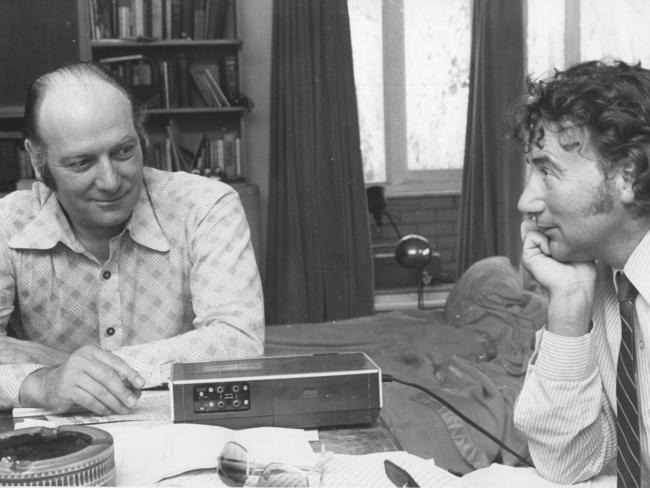
August 1988
Premier Mike Ahern reignited the abortion debate to cover up his “abysmal’’ performance in the last three by-elections, Dr Peter Bayliss said.
Dr Bayliss, of the Greenslopes Fertility Control Clinic, reacted angrily to the Premier’s statements that Queensland’s spiralling abortion rate was “appalling’’.
Mr Ahern said five teenage abortions were performed every day in Queensland with many going unrecorded in private clinics.
Dr Bayliss said the Premier had no grasp of the actual number of pregnancy terminations.
“Ahern has fallen flat on his face in his last three elections and now he’s found an issue to distract attention from his performances,’’ Dr Bayliss said.
The Queensland Right To Life Association Co-ordinating secretary, Ms Christine MacGinley, called on the State Government to review the abortion laws.
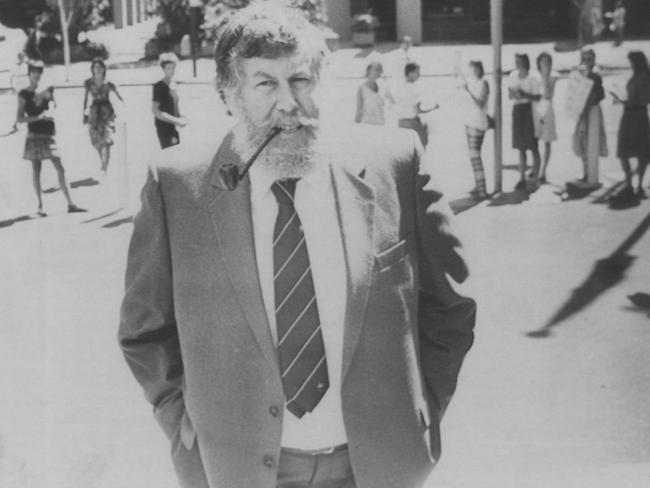
May 1989
A ban on Medicare payments for abortion procedures would be an answer to prayer, Brisbane’s main fundamentalist churches claimed.
The plan to introduce the legislation to federal parliament was revealed in a paper from a parliamentary pro-life group.
The little-known group was formed in February 1988 and comprised about 30 members and senators from the three major parties.
The group’s paper said Federal Governments had subsidised about 750,000 abortions in the past 15 years at a cost of more than $50 million.
It said reimbursements under Medicare benefits formed the foundation of Australia’s abortion industry.
Christian Outreach Centre pastor Craig Anderson said: “In our view, by subsidising abortion through Medicare the Government is funding murder of unborn babies.”
August 1990
Premier Wayne Goss succeeded in keeping abortion law reform off his Government’s political agenda.
Although the divisive issue is Labor Party policy, Mr Goss said after a caucus meeting: “We have enough to do.
“I want this to be a steady Government that can achieve what it sets out to do. And that means you set yourself a program and you stick to it.’’
He would give no indication as to when abortion reform might be added to that program as sections of the caucus had earlier argued.
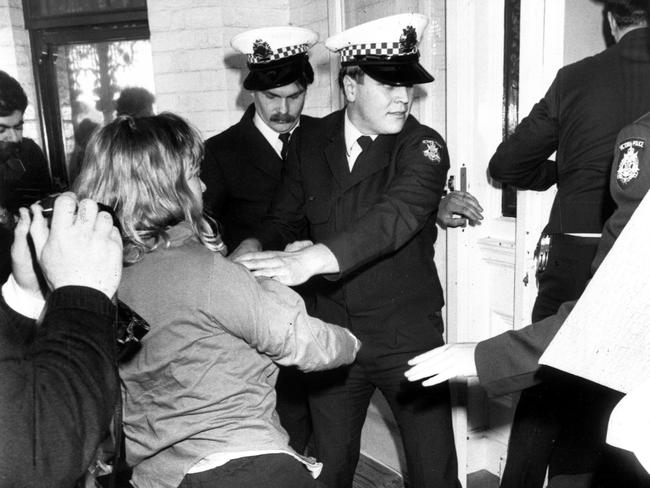
June 1991
Members from pro- and anti-abortion groups mingled outside the Mayfair Crest Hotel hoping to be heard by members of the Goss Government attending the ALP State Conference.
While Mrs Anna McCormack, from the Women’s Abortion Campaign, chanted “We want the repeal of abortion laws’’, members from the Right To Life Organisation stood quietly listening to her.
“We are trying to remind ALP delegates that two-thirds of the people in this state want the repeal of anti-abortion laws,’’ Mrs McCormack said.
The Queensland co-ordinator of Right To Life Australia, Graham Preston, said: “The unborn child is a human being and should be treated as such.’’
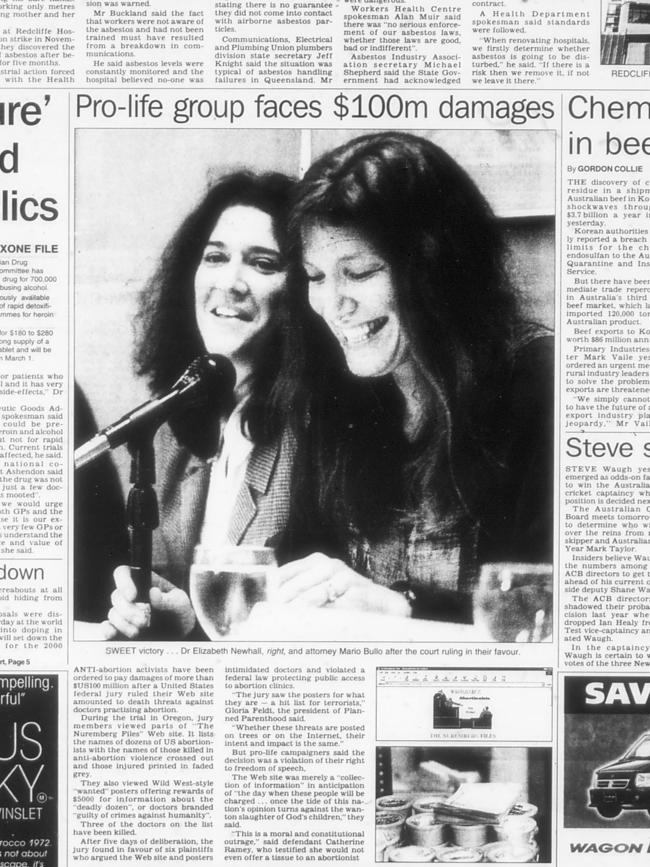
May 1993
Premier Wayne Goss faced renewed pressure for abortion reform and for changes to prostitution laws from his own Labor Party.
The controversial issues surfaced at the party’s state council in Brisbane when Mr Goss and other Ministers were questioned on government policy.
A Brisbane branch of the party then asked the state council to decriminalise abortion and make it freely available through public hospitals.
October 1994
Abortion was a matter for a woman and her doctor, Premier Wayne Goss said.
Mr Goss was challenged by Opposition Leader Rob Borbidge and acting Liberal leader Santo Santoro to change abortion laws to stop the Bowen Hills practice of Dr David Grundmann.
Mr Santoro told state parliament that Dr Grundmann had “admitted to murder’’ and described the abortion practice as “butchery’’.
A speech delivered by Dr Grundmann in Melbourne in August was tabled in parliament.
In it he said he “favoured’’ abortion at all stages of pregnancy and that he performed abortions after 20 weeks.
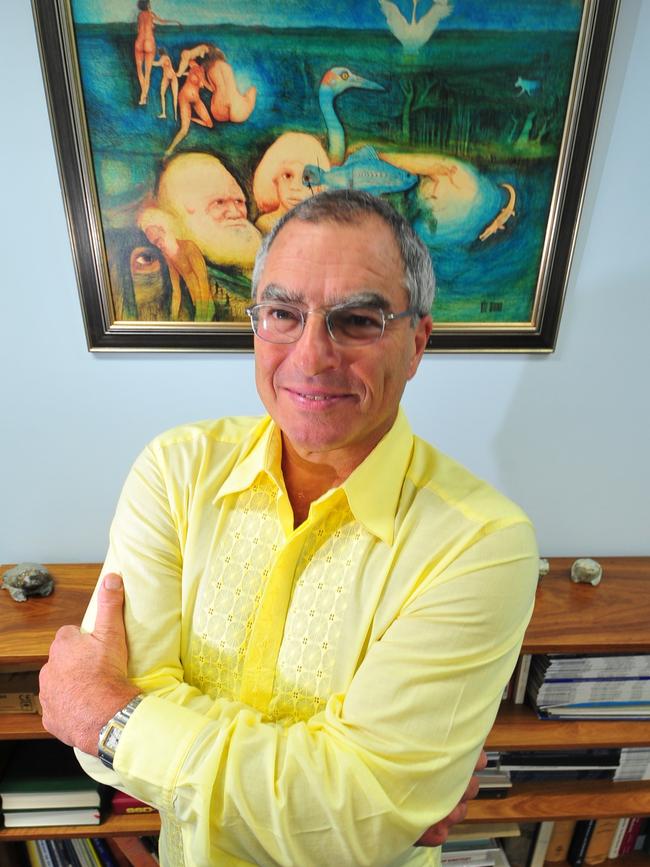
Outside parliament, Mr Borbidge said the Government had an obligation to look after the lives of unborn children.
He said he was “generally opposed to abortion’’ but accepted it was “necessary in some very extreme cases’’.
Mr Borbidge said until now he had supported the current Queensland legislation but the Grundmann claims had made him change his mind totally.
March 1995
Abortion should be scrapped from Queensland’s proposed Criminal Code, a federally funded report on women’s health issues recommended.
Queensland’s “culture of illegality’’ was obstructing much-needed reform on abortion legislation, report co-ordinator Lyndall Ryan said.
The national report “We Women Decide’’ is of a four-year study funded by the Federal Department of Human Services and Health.
Three states with different stances on abortion – Queensland, Tasmania and South Australia – were used as models.
Children By Choice spokeswoman Unna Liddy urged the State Government to “stop hiding
behind’’ the issue of conscience and address abortion.
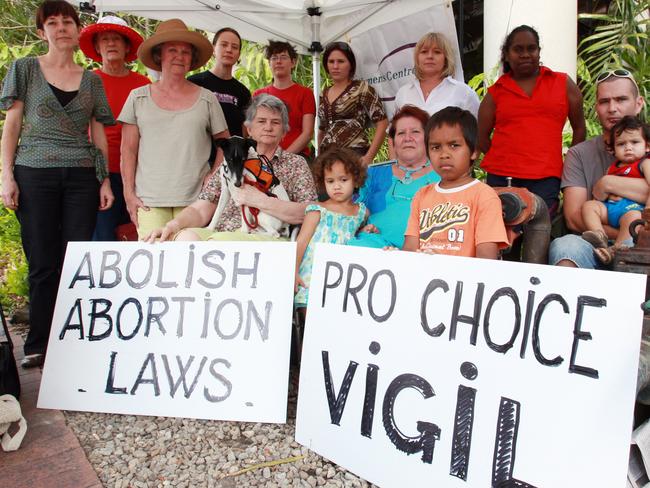
June 1998
One Nation leader Pauline Hanson amended her views on abortion, saying she had been unfairly misquoted as being pro-choice.
Asked about her view on abortion at a public meeting on the Darling Downs, Ms Hanson said: “It is every woman’s right to determine her body, to decide her body.’’
After her comments were widely interpreted as meaning she believed women should be able to choose abortion, Ms Hanson claimed she had been misquoted.
Under existing Queensland law abortion is illegal, except in cases where a mother’s health is at risk.
Ms Hanson’s chief adviser, David Oldfield, said Ms Hanson had not fully understood the difference between the letter of the Queensland law and its application.
November 1999
A panel of Queensland medical experts want late-term abortion by cranial depression outlawed.
The panel described the practice as “horrendously cruel and painful’’.
They singled out Queensland doctor David Grundmann, Australia’s only private late-term abortion practitioner, who they believed carried out as many as 12 cranial depression deliveries of dead foetuses a year.
Leading specialist obstetrician and gynaecologist Clem Marrinan said Dr Grundmann used cranial depression to ensure the baby had no chance of survival.
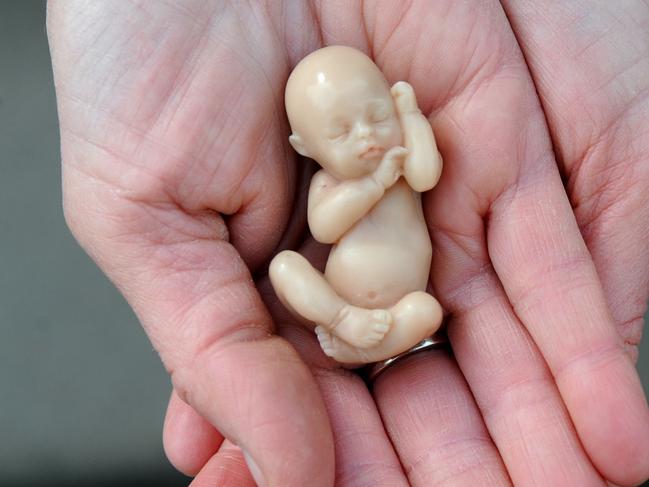
Dr Marrinan said late-term abortions involved unborn babies at the 20-week stage, with the foetus development enough to require a birth or death certificate.
“Of course, in Dr Grundmann’s case it’s always a death certificate … and it’s a pretty horrendous way of doing it,’’ Dr Marrinan said.
May 2002
More than 15,000 Queensland women had abortions in the previous year, including 300 in the state’s public hospitals.
Health Insurance Commission figures indicated about 18 in every 1000 Queensland women terminated pregnancies in private clinics in the previous financial year.
Abortion was accessible in Queensland under common law with the consent of a doctor, but the State Government was under escalating pressure to legislate to legalise the procedure.
Premier Peter Beattie said he was determined to stick by his election promise not to make a change to the law.
Opposition Leader Mike Horan also said there was no need for abortion to be legalised in Queensland.
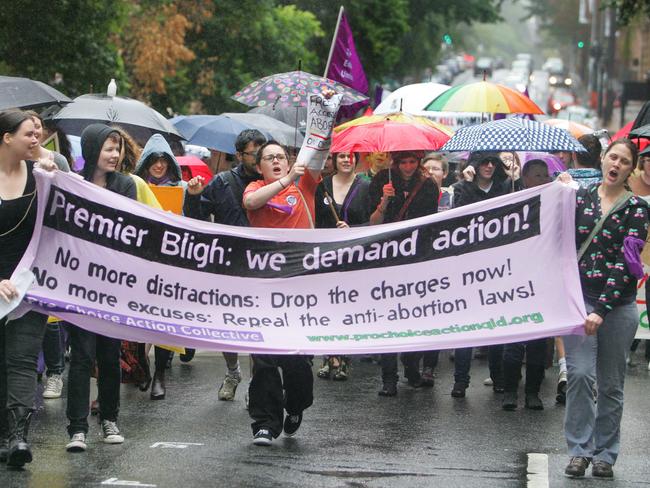
May 2010
The Cairns doctor who fought, and won the right, for Australian women to access the “abortion pill’’ RU486 received the prestigious Australian Medical Association President’s Award.
AMA president Dr Andrew Pesce said Caroline de Costa had displayed an outstanding commitment to women’s health.
Dr de Costa – Professor of Obstetrics and Gynaecology and James Cook University School of Medicine’s clinical school director – was at the vanguard of a campaign three years previous to have RU486 legalised in Australia.
Dr de Costa had also been involved in the push to reform Queensland laws which make abortion illegal.
June 2013
Queensland could decriminalise abortion in Premier Anna Bligh’s first term in Government, it was revealed.
Aspley MP Bonny Barry was preparing to introduce a Private Members’ Bill to remove abortion from the criminal code within 18 months, after being encouraged by Ms Bligh in mid-2000 to put the plan on ice.
Ms Bligh said she would support a Bill to decriminalise abortion.
“I have been on the public record a number of times on this issue and I believe that those decisions are best made by a woman, her partner and her doctor and they are ultimately private decisions,’’ she said.
June 2013
Almost two-thirds of Queenslanders supported the decriminalisation of abortion, a poll suggested.
A Galaxy Poll of 800 voters found 64 per cent believed abortion should be legalised, while 31 per cent disagreed. Five per cent were uncommitted.
Despite the results, Premier Anna Bligh consistently refused to decriminalise abortion, saying she does not have enough parliamentary support.
The poll came as public hospital abortions in Queensland remained suspended, except in cases where the mother’s life is at risk.
Queensland Health obstetricians had been sending women requesting abortions at less than 18 weeks’ gestation to private clinics within the state.
February 2017
A push to decriminalise abortions in Queensland was in limbo, with the LNP Opposition yet to guarantee MPs will exercise a conscience vote on both pieces of legislation on the issue.
Opposition Leader Tim Nicholls said LNP MPs would discuss their approach to the laws at their party room meeting.
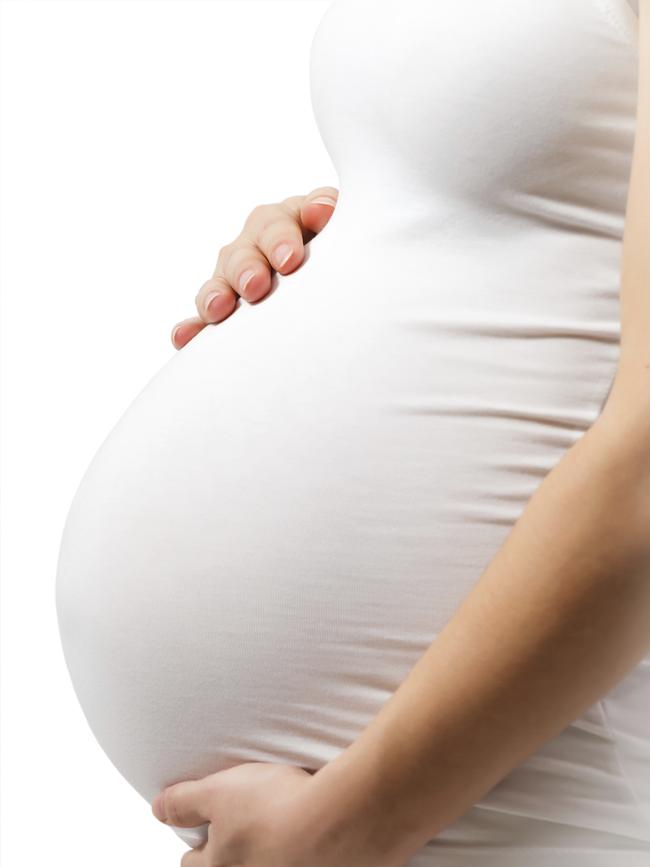
With not all Labor and crossbench MPs expected to support the reforms, several LNP MPs would need to exercise a conscience vote and back the laws for them to pass.
LNP MPs agreed to a conscience vote on the first Bill, the Abortion Law Reform (Women’s Right to Choose) Amendment Bill 2016, introduced by independent MP Rob Pyne last year.
March 2018
Outspoken Nationals MP George Christensen hit out at his own Government for funding abortion services in Australia and around the world.
The Queensland politician was joined by incoming Liberal senator for Queensland Amanda Stoker and hundreds of pro-lifers at a rally through the streets of Brisbane.
Mr Christensen said he was filled with shame when he learned the Federal Coalition gave $9.5 million to an international planned parenthood agency that he claimed made money from terminations.
“I’ve got to say that was a disgraceful act,” he said.
Mr Christensen said he would write to his colleague Treasurer Scott Morrison to urge him to divert those funds into pregnancy, crisis and counselling services for young mums.
October 2018
Historic reforms to decriminalise abortion in Queensland passed state parliament after a tumultuous three months of emotional and bruising public and parliamentary debate.
Three LNP MPs – Tim Nicholls, Jann Stuckey and Steve Minnikin – used their conscience vote to back the changes, helping Labor pass the laws 50 votes to 41, leading to an outburst of cheers from pro-choice supporters in watching on from the public gallery.
There were also hugs shared among pro-choice MPs, including Steven Miles and Shannon Fentiman, on the floor.
Labor MP Jo-Ann Miller voted against the laws, while fellow Government MP Linus Power abstained for the final vote.
The laws will remove abortion from the Criminal Code and allow women to procure an abortion on request from a medical practitioner up to 22 weeks gestation, overturning provisions first inserted into the Criminal Code almost 120 years ago.
After that, the women must seek the approval of a doctor, who consults with a second medical practitioner before making their decision.
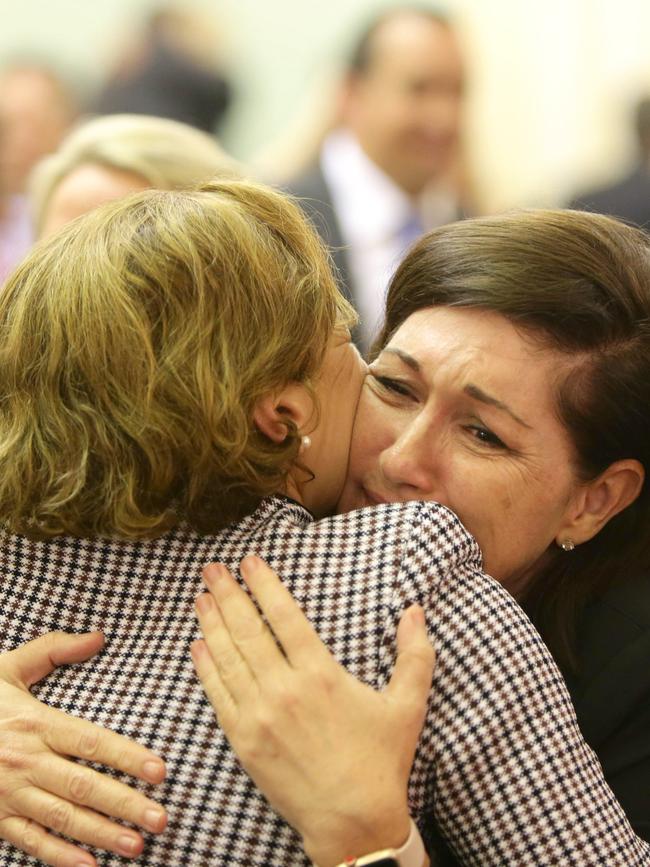
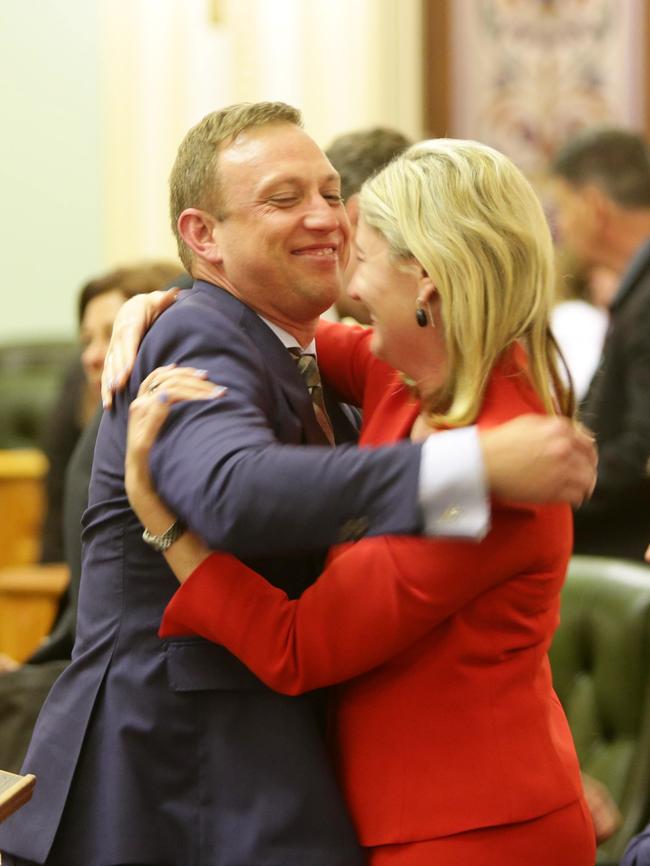
March 2021
Thousands of abortions had been performed across Queensland since new laws were introduced to legalise the practise two years ago.
In the first full year after the laws were introduced, there were 9496 terminations performed.
Health Minister Yvette D’Ath said the annual rate of abortions had been stable since 2017 and follows a decrease since 2013, when a high of 12,000 terminations were performed.
“That shows that the passing of this legislation has not led to an increase in the number of terminations,” Ms D’Ath said.
It prompted fears the number of abortions would increase, with conservative group Cherish Life Queensland describing the law change as the most “extreme abortion laws in the world”.
July 2023
Queenslanders seeking to end a pregnancy would soon have better access to the abortion pill, with the Health Minister committing to putting in place changes “as soon as possible” following a landmark decision by the nation’s medicines watchdog.
The Therapeutic Goods Administration ruled nurses, midwives and pharmacists, alongside all doctors, not just those who had completed special training, would be allowed to prescribe MS-2 Step.
Lifting the restrictions on the pill mean women, particularly in regional and remote Queensland, will have better access to MS-2 Step – including with immediate effect from GPs. But in order for nurses, midwives and pharmacists to prescribe the drug legislative changes are needed.
Health Minister Shannon Fentiman flagged she remained committed to doing so, and wanted changes in place “as soon as possible”.
AMAQ president Dr Maria Boulton said many women, particularly those in regional areas, had found the drug hard to access.
February 2024
Doctors feared the cost-of-living crisis was forcing women to skip doctor’s appointments to access contraceptive prescriptions as Queensland was revealed as the highest dispenser of abortion pills in the nation.
Australian Medical Association Queensland president Maria Boulton said the costs to see a GP and fill regular prescriptions, compounded by the limited regional surgical abortion services were also fuelling a demand for the abortion pills.
Medicare data reveals that 17430 prescriptions for MS-2-Step abortion pills were dispensed in Queensland between July 2022 and June 2023, compared to 8094 in Victoria and 6909 in NSW.
A private surgical abortion can cost close to $700.
October 2024
Conservative crossbench MPs will propose changes to the state’s abortion laws in the next term of parliament, in a direct challenge to David Crisafulli’s authority over the LNP.
The Opposition Leader, campaigning in Cairns, doubled down on his promise there would be “no change” to the ability of women to access abortions in Queensland should the LNP take government.
But he cannot control what laws crossbenchers put forward nor how his MPs vote unless he chooses to break with convention and deny his party room a conscience vote on matters of life or death.
However within weeks Katter’s Australia Party leader Robbie Katter somewhat backflipped on his stance to add another complex chapter to the Queensland election campaign.
Within days Donna Purcell outlined why the Premier’s take on abortion is off the mark.

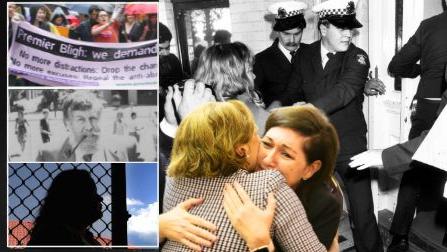
Add your comment to this story
To join the conversation, please log in. Don't have an account? Register
Join the conversation, you are commenting as Logout
Bank executive’s bail plea after allegedly asking 18yo to find him ‘younger’ girls
A high-flying bank executive has pleaded for bail after allegedly asking an 18-year-old sex worker to find him “younger” girls.
IN PHOTOS: The fashions, battles and more at Abbey Medieval Festival
Thousands of families and history buffs will go back in time at the massive Abbey Medieval Festival north of Brisbane this weekend. SEE OUR PHOTO GALLERIES